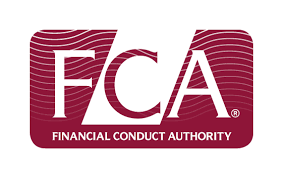

Imagine who they employ.
Candidates are also required disclose any significant financial or personal information.
Immigration and Right to Work Legislation
https://www.gov.uk/government/publications/united-kingdom-security-vetting-clearance-levels/national-security-vetting-clearance-levels
Utilities and Critical National Infrastructure: Individuals working in or with access to critical national infrastructure sectors (such as energy, water, and telecommunications) may need to pass BPSS checks due to the sensitive nature of these roles.IT and Cybersecurity Roles: Positions involving access to IT systems and data, especially where this involves government networks or sensitive information, typically require BPSS clearance.
The Information Policy Team at The National Archives Kew London TW9 DU
It is better to have a general security clearance than a type specific.
Our system is very user-friendly and we have staff available to answer any questions.
Immigration and right to Work legislation
Durations of time spent abroad (more than 6 months in the previous 3 years).

BPSS, or Broadband Security Screening System is a level of screening that is standard for communica-tions.
The energy and financial sector. This type checks confirms identity.
Security check required for those working in government or who have access to it
Individuals cannot apply for BPSS Clearance themselves; only employers can.
Clearance for security is a requirement.


All BPSS clearance certificates must be obtained.
We will conduct a BPSS check on any UK-based employee.
Civil Servants: BPSS checks are a standard requirement for civil service positions, especially for those who need access to government buildings, databases, and sensitive information.
sooner.
Additional searches can be conducted to complement the basic BPSS search, including medical and ref-erence checks.
The BPSS serves as a foundational vetting process, ensuring that individuals employed in sensitive roles meet a minimum standard of reliability and trustworthiness. While the BPSS itself is not legislated through a specific act of parliament, its practice is supported by a range of legal and policy frameworks aimed at protecting national security, ensuring the integrity of public services, and safeguarding personal data.
